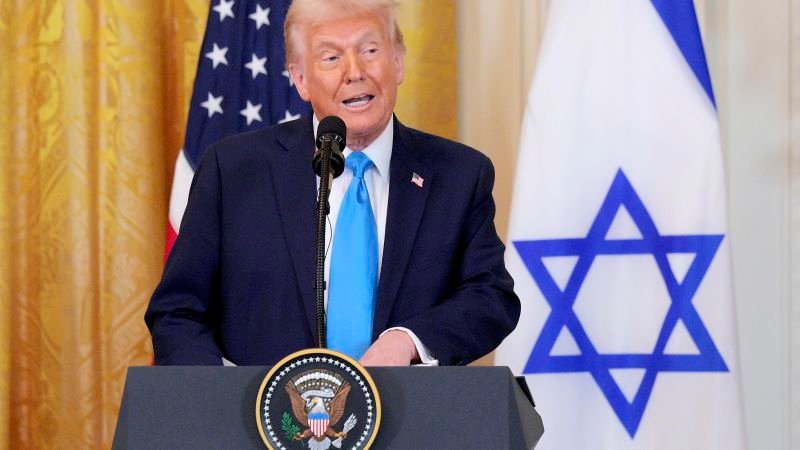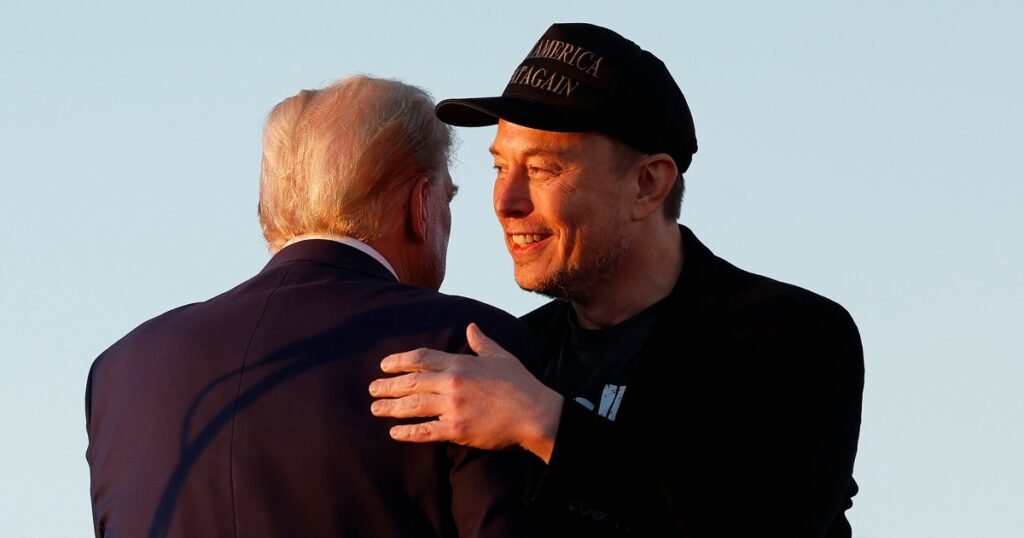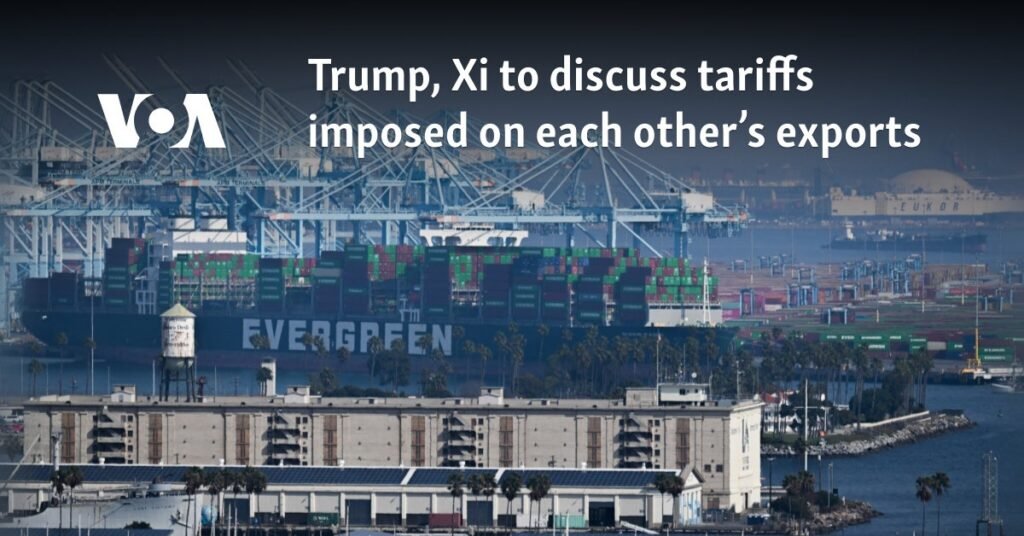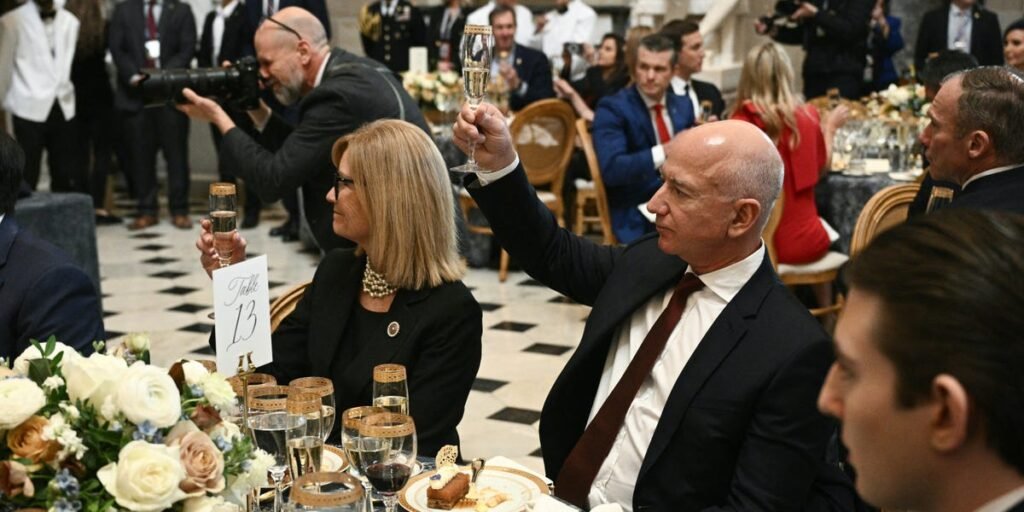BEIJING, China (TNND) — Presidents Trump and Xi are expected to speak on the phone to talk about tariffs after China responded to retaliatory tariffs.
On Tuesday, China announced it will impose new tariffs on American imports that primarily target energy products and vehicles.
According to China’s Ministry of Finance, the country will levy a 15% tax on certain types of coal and liquefied natural gas and a 10% tariff on crude oil, agricultural machinery, large-displacement cars, and pickup trucks starting next week.
The new tariff will take effect on February 10.
China also placed new restrictions on the export of dozens of metal products and related technologies. Those include tungsten, a critical mineral typically used in industrial and defense applications, as well as tellurium, which can be used to make solar cells.
Tuesday afternoon, Trump told reporters in the Oval Office “that’s fine” when asked for a response to China’s retaliatory tariffs.
“We’re going to do very well against China and against everybody else,” Trump said.
The retaliatory tariffs come after the U.S. government revealed plans to impose a tariff on Chinese goods due to concerns over drug trafficking, particularly fentanyl. Trump’s Press Secretary Karoline Claire Leavitt told reporters on Tuesday, “The president made it very clear with the 10% tariff on China that he is not going to allow China to be a source and distribute deadly fentanyl throughout our country. That was the reason for this tariff. It was a retaliatory tariff on China for the last four years of their unprecedented distribution of fentanyl into our nation’s borders.”
Trump’s move sparked immediate backlash from China, which contends that the U.S. action violates international trade regulations and undermines the stability of economic relations between the two countries.
The Chinese Ministry of Commerce characterized the tariffs as “unilateral” and “contrary to the principles of the World Trade Organization.”
The full list of products subject to these tariffs can be found in an appendix published by Chinese customs authorities.
In a separate statement, China’s State Administration for Market Regulation announced it launched a probe into Google for suspected violation of its anti-monopoly law.
CNN reports that the trade tensions between the two countries don’t surprise China.
The tariff threat is something that had been looming throughout Trump’s election campaign. The U.S. and China have accused each other of unfair trade practices. China has consistently argued that the U.S. tariffs are not only harmful to global trade but also fail to address the underlying issues.
Chinese leader Xi Jinping and Trump appear to have a cordial relationship. An expected phone call between Xi Jinping and Trump will likely clarify the U.S. stance on the issue.
Leavitt was asked Tuesday when the two leaders of the world’s two largest economies will speak.
“He [Trump] said in the Oval Office it’ll happen in the next couple of days,” Leavitt said while disclosing a schedule for that call was not available.
Trump was expected to sign executive orders on Tuesday putting in place the 25% tariffs on goods from Mexico and Canada and 10% tariffs on those from China, according to the White House.
Instead, Trump announced the proposed tariffs on most goods from Canada and all products from Mexico would be paused for one month following conversations he had with Mexican President Claudia Sheinbaum and Canadian Prime Minister Justin Trudeau.
According to Trump, he plans to talk to China in the next day or two about tariffs on that country.
It remains unclear how the trade tensions will affect global markets as both nations brace for the impact of the measures.




















